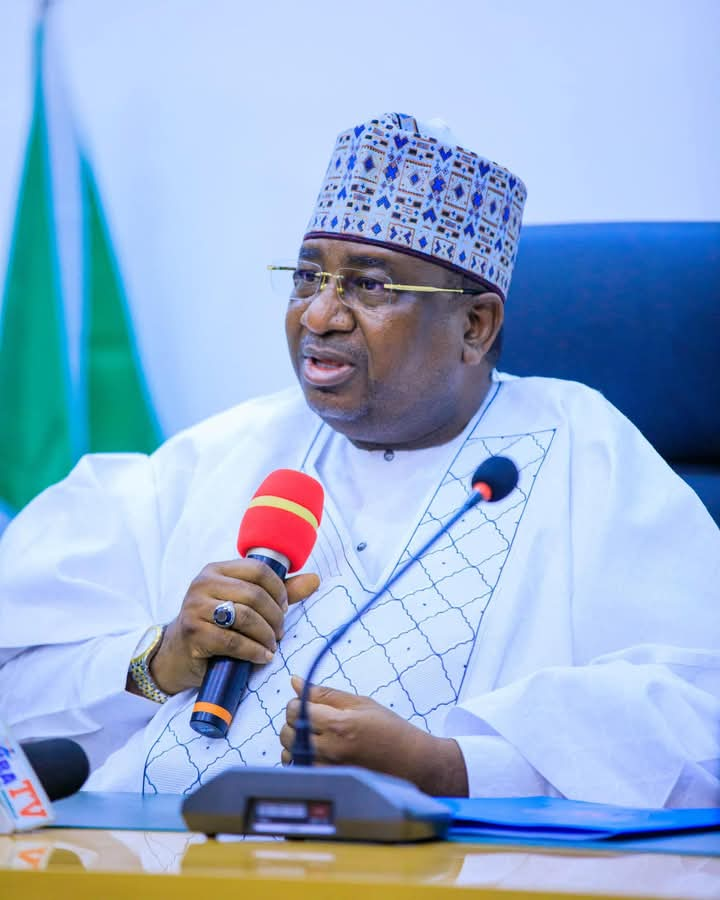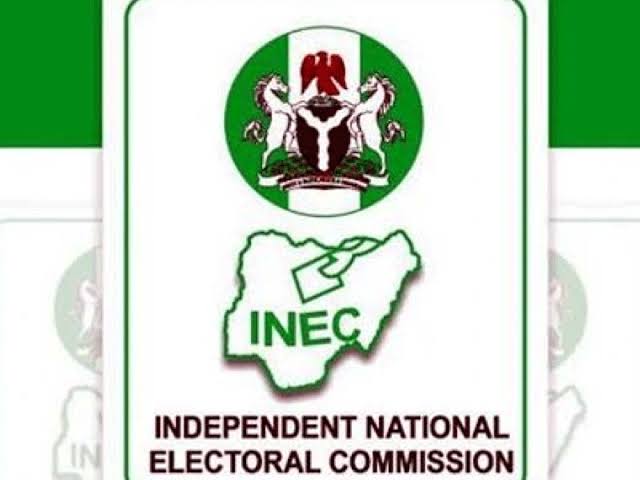By: Goodluck E. Adubazi, Abuja.
An African committed Youth and an economic development servant, Tama Monday Yari, has extolled the launch of the African Credit Rating Agency -AFCRA.
Tama stated: “As a development professional, I must commend the bold and transformative move by the African Union (AU) to officially launch the African Credit Rating Agency (AfCRA), marking a historic milestone in the continent’s quest for financial independence and economic empowerment.
This groundbreaking initiative, according to Tama, which aims to counteract the biases of global credit rating agencies and provide African nations with a more accurate and contextually relevant assessment of their economic realities, is truly a welcome development, He stresses.
Just speaking at the launch event, former AU Chairperson Moussa Faki Mahamat emphasized the importance of this initiative, stating, “For too long, Africa has been subjected to unfair credit ratings that have constrained our economic potential. AfCRA will ensure that our economies are evaluated on their true merit.” Economic experts and leaders across the continent have echoed similar sentiments, hailing this development as a long-overdue step toward financial sovereignty.
Now let’s visit the historical context of decades of unfair ratings on Africa. Africa’s financial stability has long been undermined by the dominance of international credit rating agencies such as Moody’s, Standard & Poor’s, and Fitch. These agencies have consistently assigned lower credit ratings to African nations, often applying generalized risk assessments that do not fully consider the continent’s economic diversity or growth potential.
The consequences of these biased ratings have been severe. High borrowing costs, limited access to international capital, and an overall lack of investor confidence have stifled economic progress. For example, during the COVID-19 pandemic, several African countries experienced harsh downgrades despite implementing robust economic recovery strategies. Ghana, Nigeria, and South Africa were among those affected, forcing them to seek alternative, often more expensive, financing options.
Honestly, by launching AfCRA, Africa now has a mechanism to counteract these unjust evaluations, offering credit ratings that are fair, data-driven, and tailored to the continent’s unique financial landscape.
Why Now?
The establishment of AfCRA comes at a critical time when the global financial system is undergoing significant changes and the African Continent Free Trade Agreement (AfCFTA). Many emerging economies are advocating for financial independence, challenging Western-dominated financial institutions. Latin America and Asia have already introduced regional credit rating agencies to counter similar biases, and Africa is now following suit.
As clearly stated by my fellow economist Dr. Ngozi Okonjo-Iweala, Director-General of the World Trade Organization, expressed her support for AfCRA, stating, “Africa deserves an agency that understands its intricacies. AfCRA is a necessary step in redefining how the continent is perceived in global markets.”
The move has also received backing from the African Development Bank (AfDB), with its President, Dr. Akinwumi Adesina, emphasizing that this initiative aligns with Africa’s broader strategy of economic resilience and sustainability. International financial institutions are now being urged to recognize and engage with AfCRA as a legitimate and reliable credit rating agency.
Despite its promise, AfCRA will face challenges in establishing credibility and securing the trust of international investors. Competing with well-established agencies and overcoming perceptions of bias will require strategic efforts in governance, transparency, and operational efficiency.
However, the opportunities far outweigh the challenges. AfCRA offers Africa the ability to:
• Reduce reliance on foreign financial assessments.
• Provide fairer ratings that reflect Africa’s true economic potential.
• Encourage greater investment by fostering confidence in African economies.
• Strengthen regional financial markets and intra-African trade.
As a development professional to ensure the long-term viability of AfCRA, several key strategies must be implemented, let me outline the following recommendation:
1. Strengthening Partnerships: Collaboration with African financial institutions and governments will be crucial in ensuring transparency and consistency in rating criteria.
2. Investment in Technology: Leveraging advanced data analytics and AI-driven risk assessment tools will enhance the accuracy and credibility of AfCRA’s ratings.
3. Global Engagement: Building relationships with international investors while maintaining independence will foster trust and legitimacy in global markets.
4. Public and Private Sector Collaboration: Encouraging African governments and private businesses to utilize AfCRA’s ratings will solidify its position as a trusted financial authority.
Finally, the launch of the African Credit Rating Agency represents a defining moment in Africa’s economic trajectory. By taking control of its financial narrative, Africa is no longer at the mercy of external rating agencies that have historically impeded its growth. AfCRA is not just an institution—it is a symbol of Africa’s resolve to forge its own path in global markets.
As African nations rally behind this initiative, the world will be watching closely. If successfully implemented, AfCRA will revolutionize the continent’s financial landscape, unlock new investment opportunities, and pave the way for sustainable economic development.
The future of African finance is now in African hands.
Yours committed youth and economic development servant; Tama Monday Yari.













